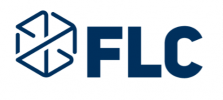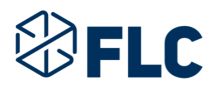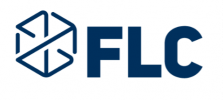CDC’s Assay for Global Surveillance of Drug-resistant HIV-1 Was Commercialized
Researchers at the Centers for Disease Control and Prevention (CDC) developed a low-cost technology to rapidly detect HIV-1 drug resistance (HIVDR) in plasma and dried blood spot (DBS) samples with 95.8% genotyping sensitivity. CDC’s partners at Life Technologies Corporation (“LifeTech”) have licensed, further developed, and incorporated the technology into a commercialized product. Life Tech’s HIV-1 Genotyping Kit provides a cost-effective assay, scalable workflow, easy-to read sequencing results, and robust test performance.



